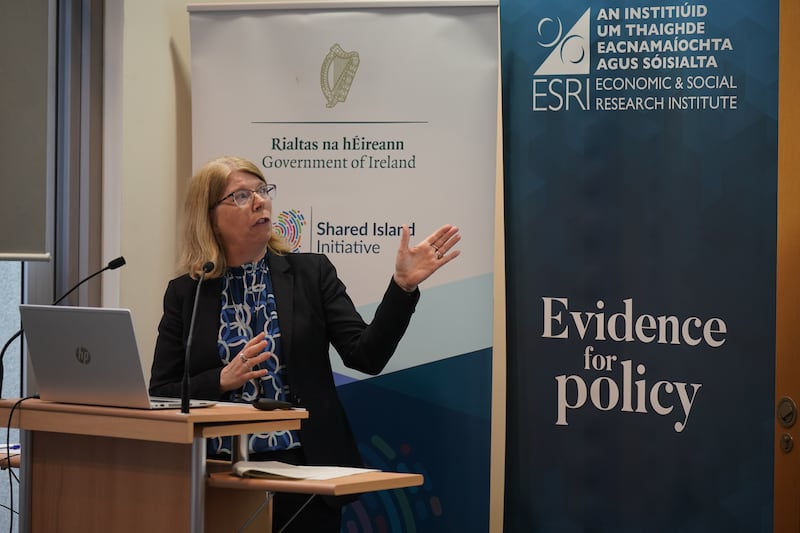The Government’s reforms to the childcare system “risk worsening outcomes” for disadvantaged children, charities have warned.
Plans to expand free childcare for working parents in England do not support poorer children or improve childcare quality, according to a report by Coram Family and Childcare (CFC) and the Joseph Rowntree Foundation.
The paper from the two charities suggests that funding is “spread too thinly” and it is “unfairly targeted towards higher income families”.
The Government will provide £4.1 billion by 2027-28 to expand the 30 hours a week of free childcare for working parents in England with children as young as nine months.
But the report suggests that Government funding for childcare should be targeted “more fairly” towards disadvantaged children.
The charities are calling for a complete reform of the system – including a universal free hour offer of 15 hours per week for all two-year-olds, and 30 hours per week for all three and four-year-olds – to benefit more disadvantaged families.
Research by the charities suggests that a low earning parent takes home about £4 per hour worked after childcare costs and once the Universal Credit (UC) taper rate has been applied.
This means that a low-earning single parent will find that they are only £60 per month better off if they increase their working hours from four to five days.
The report says: “The Government has signalled an appetite for much higher public investment in the formal early years childcare sector, but the proposed changes do not tackle disadvantage and risk worsening outcomes for disadvantaged children.
“The current proposals to expand childcare prioritise the provision of more care to support working parents but do not support disadvantaged children or improve childcare quality.
“Funding is spread too thinly to enable the step change in quality that is needed and is unfairly targeted towards higher income families.
It adds: “A complete system reform is needed so that childcare policy can achieve its potential to tackle disadvantage.”
The Government’s offer of free childcare will be available to working parents of two-year-olds from April 2024, but initially it will be limited to 15 hours.
From September 2024, the 15-hour offer will be extended to working parents of children from nine months, and the full 30-hour offer to working parents of children under five will come in from September 2025.
Megan Jarvie, head of Coram Family and Childcare, said: “Disadvantaged children are falling behind before they even start school. A well designed and functioning childcare system can be a key tool in tackling this disadvantage.
“But instead, families are stuck in poverty and children are missing out on early education that could better prepare them for school.
“We urgently need to rebalance the childcare and early years system to better serve the children who stand to benefit the most.”
Abby Jitendra, principal policy adviser for care, family and relationships at the Joseph Rowntree Foundation, said: “The childcare system we have now is failing disadvantaged children – parents don’t take up the services they are entitled to because, in doing so, they’d lose out financially.”
A Department for Education (DfE) spokesperson said: “We are introducing the largest ever expansion of free childcare in England, worth an average of £6,500 a year for a working family using 35 hours of childcare a week, with a key aim being to help all parents who would like to work to do so by removing barriers to the labour market.
“We recognise the cost pressures that childcare can create for parents, and low-income families already qualify for 15 hours free childcare for two-year-olds, a year before all children become eligible for 15 hours at ages three and four.
“We are also increasing the childcare costs that parents on universal credit can claim back by around 50%, up to £950 a month for a single child and £1,629 for two children.”








